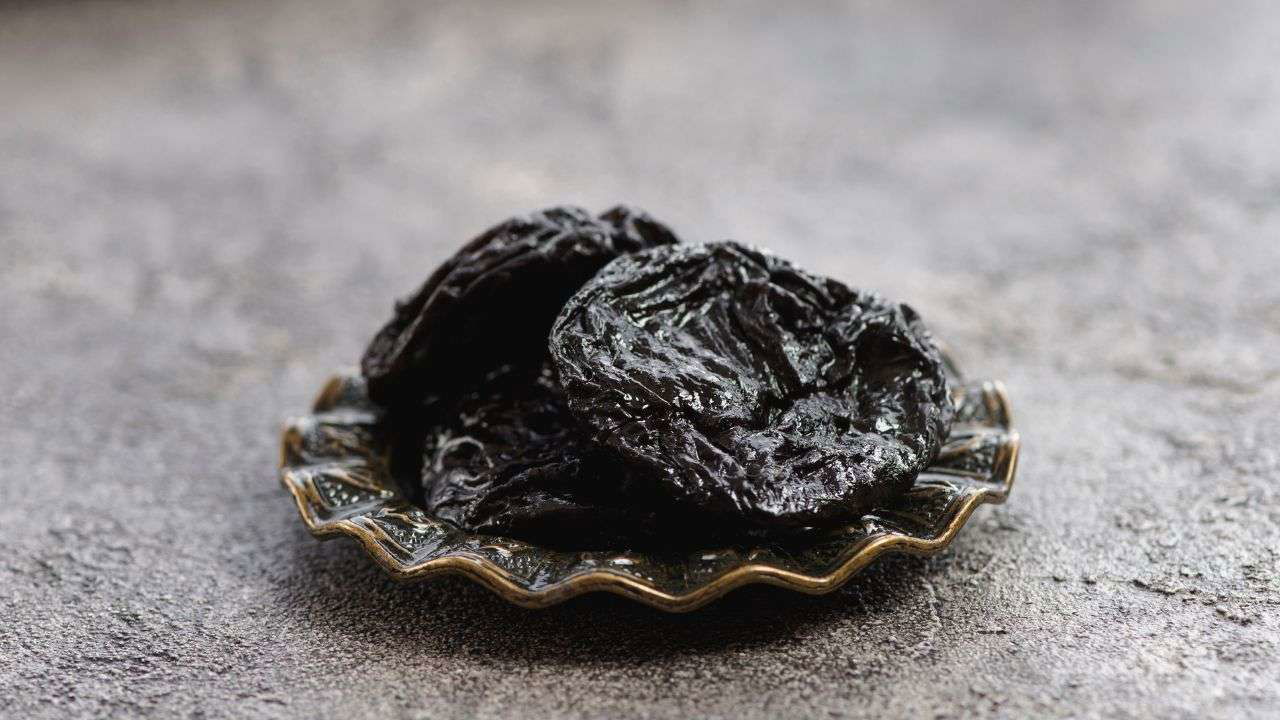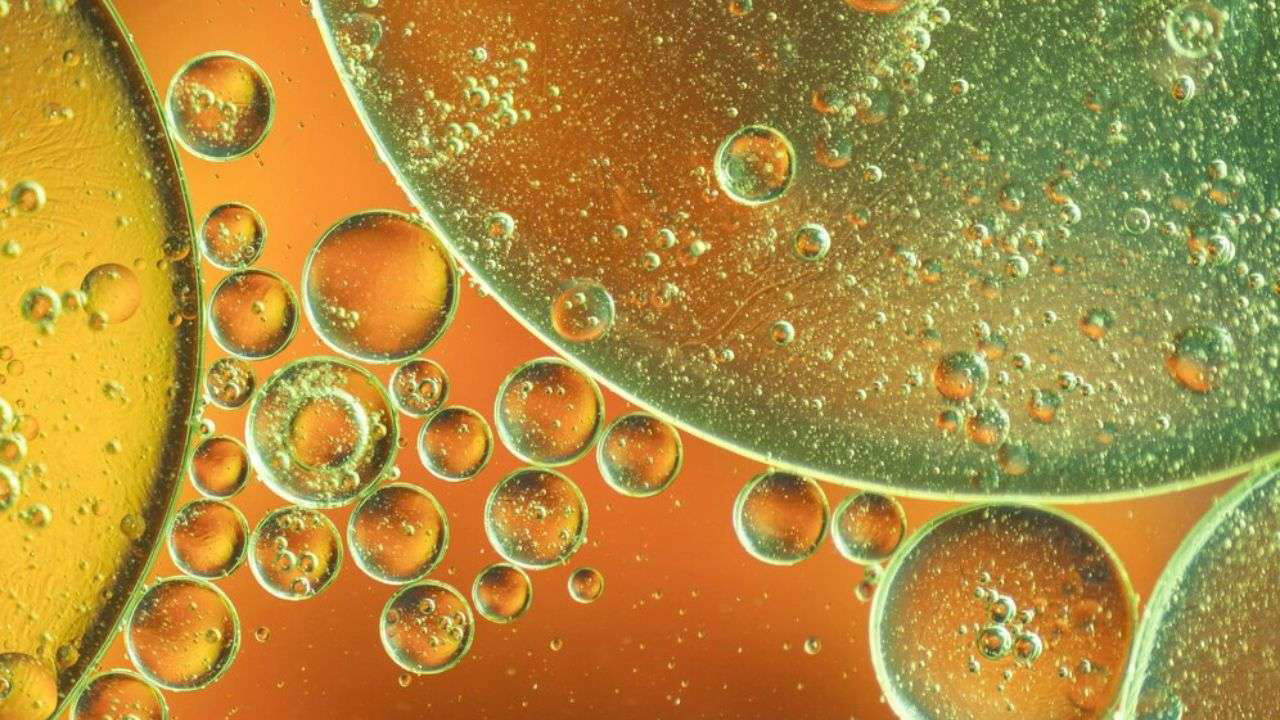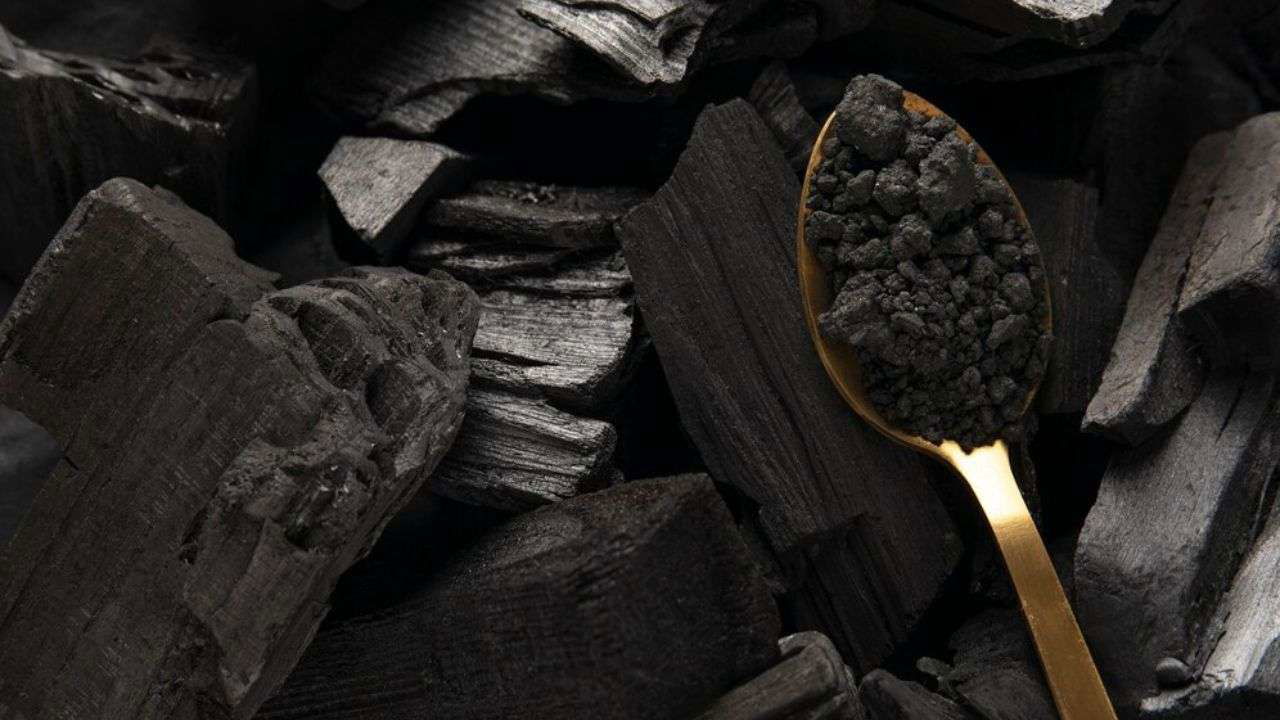What Is Shilajit?
Shilajit is a blackish-brown exudate found in mountain ranges, particularly in the Himalayas and Hindukush. It is formed over centuries from the slow decomposition of plants and is known for its remarkable health benefits.
Overview of Shilajit
This natural compound has been used in Ayurvedic medicine as a vitality enhancer and adaptogen. It is traditionally consumed with milk and is believed to have ‘miraculous’ effects, earning it the name Shilajit, which translates to “Conqueror of mountains and destroyer of weakness“.
Historical Significance

Shilajit’s use dates back to ancient times, where it was a staple in traditional medicine systems for its purported ability to treat various ailments and improve overall vitality.
Chemical Composition

Shilajit consists mainly of humic substances, which can make up to 85% of its composition. The non-humic compounds, including plant microbial metabolites, account for the remaining 15-20%.
Primary Constituents

The primary bioactive components of Shilajit include:
- Fulvic Acid
- Di-benzo-alpha-pyrones (DBPs)
- Chromoproteins associated with DBPs
- Several other compounds such as 3,8-dihydroxy-dibenzo-α-pyrone.
Impact on Health
Shilajit is best known for its antioxidant and anti-inflammatory properties, which contribute to its health benefits.
Adaptogen Properties
As an adaptogen, Shilajit is believed to help the body resist stressors of all kinds, whether physical, chemical, or biological.
Science-Backed Benefits of Shilajit

Research suggests that Shilajit may offer several health benefits, including:
1. Cognitive Health
Shilajit is believed to promote cognitive health, particularly in preventing or slowing the progression of Alzheimer’s disease. The fulvic acid in Shilajit acts as a potent antioxidant, which may prevent the abnormal buildup of tau protein, a substance that can trigger brain cell damage.

2. Testosterone Levels

Clinical studies have shown that Shilajit can significantly increase testosterone levels in men. This is particularly beneficial for those showing signs of low testosterone, such as a decrease in libido, hair loss, loss of muscle mass, fatigue, and increased body fat.
3. Chronic Fatigue Syndrome
Shilajit may help reduce symptoms of chronic fatigue syndrome (CFS), which is associated with mitochondrial dysfunction. This dysfunction leads to insufficient energy production within cells. Shilajit’s role in improving mitochondrial function could restore energy levels and alleviate the effects of CFS.

4. Heart Health

The antioxidant properties of Shilajit also contribute to heart health by potentially improving cardiac tissue and lipid profiles, thus supporting cardiovascular function.
5. Male Fertility
Shilajit has been used to treat male infertility effectively. Studies indicate that regular consumption of Shilajit can lead to an increase in sperm count and motility, which are crucial factors in fertility.

6. Immune Support

The compound is also known for its immune-boosting properties. It contains over 80 trace minerals and fulvic acid, which enhance disease resistance and fortify immune functions.
7. Anti-inflammatory and Antioxidant Properties
Shilajit exhibits strong anti-inflammatory and antioxidant properties, which can combat inflammation and oxidative stress, contributing to overall well-being.

8. Sexual Health

Beyond fertility, Shilajit is also known to enhance sexual function and libido, which is linked to its ability to increase testosterone levels and overall vitality.
9. Nutrient Absorption
The presence of fulvic and humic acids in Shilajit can enhance nutrient absorption and transportation within the body, making it a valuable supplement for overall health.

Safety Considerations for Shilajit

When considering the use of Shilajit as a dietary supplement, safety is paramount. Here are some key safety considerations:
1. Purity and Processing

Shilajit must be consumed in its pure form. Impure Shilajit can cause a range of adverse effects, including a burning sensation, fatigue, aggravation of Pitta dosha, blood disorders, and constipation. It’s essential to ensure that Shilajit is purified and free from contaminants like heavy metal ions, free radicals, fungus, and other harmful substances.
2. Dosage
The appropriate dosage of Shilajit is crucial. Overconsumption can lead to unwanted side effects. Clinical studies have shown that taking two grams of Shilajit for 45 days did not produce any significant change in physical parameters like blood pressure, pulse rate, and body weight, indicating that this dosage is safe for consumption.

3. Allergic Reactions

While rare, some individuals may experience allergic reactions to Shilajit. It’s important to monitor for any signs of allergy when starting the supplement and discontinue use if symptoms arise.
4. Blood Sugar Levels
Shilajit may lower blood glucose levels, which is an important consideration for diabetics or those on anti-diabetic medications. Monitoring blood sugar levels is advised when consuming Shilajit.

5. Contraindications and Interactions

Shilajit should not be used with certain foods and herbs according to Ayurvedic texts. Additionally, it may interact with other medications, so it’s important to consult with a healthcare provider before starting Shilajit, especially for those on prescription drugs.
6. Antioxidant Status
Research suggests that Shilajit can improve the antioxidant status of individuals, contributing to its safety profile.

7. Long-term Use

Studies indicate that Shilajit is safe for long-term use as a dietary supplement, with no significant histopathological changes observed in vital organs even at high doses.
8. Heavy Metals and Free Radicals
Lab-tested samples of purified Shilajit usually have metal ions within permissible limits, but raw and unprocessed Shilajit should not be used due to the presence of damaging free radicals and potential contamination with different fungal organisms.

Conclusion
Shilajit remains a substance of interest due to its historical significance and potential health benefits. However, consumers should approach its use with caution and seek high-quality, tested products to avoid any adverse effects.









